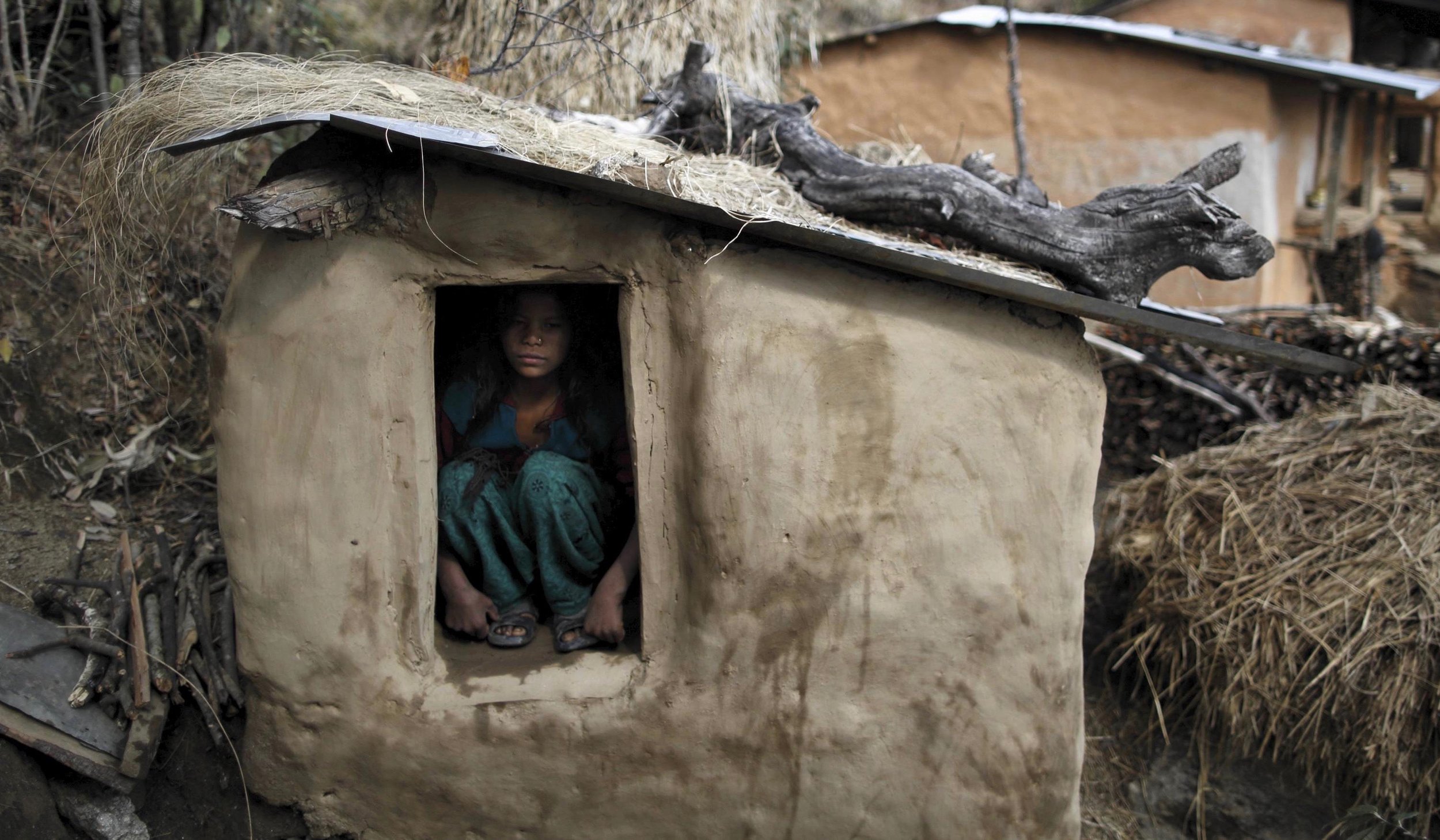Menstruation in Nepal
Women and adolescents across Nepal face many problems during their menstruation, affecting their physical and mental well-being. These challenges usually arise due to deeply implanted cultural and religious beliefs combined with a lack of access to necessary sanitary products.
Our goal is to provide affordable, sufficient, and quality sanitary pads to girls in Nepal and to help abolish period poverty and the taboo surrounding surrounding menstruation.

“When I was growing up, I used sari rags, but one of the biggest problems is when you are washing and drying because everybody will know that you have your period, and there’s a lot of embarrassment around this. There is also this myth that if someone finds your rag and burns it, you will be infertile, so to say that to a 12 to 13 year old who has just started her period, that’s almost like a scar. They start drying their rags inside or hide them under other clothes — so they don’t dry properly and cause infections.”
— RUBY RAUT
Chhaupadi Tradition in Nepal
-
Chhaupadi is an ancient tradition practised in some rural parts of Nepal. It involves banishing young girls to mud huts or sheds for the duration of their period, or longer. It is believed that any object touched by a menstruating woman is deemed impure, including livestock, food and plants; she is also not permitted to touch men and communal water taps and participate in family activities. Not only does this disrupt their daily lives, and impact their futures (as this traditional practice interferes with young girls' attendance at school therefore hindering their learning) but it restricts the autonomy of women and can cause their self-confidence to deteriorate.
-
Placing young girls in these circumstances puts them in considerable danger: there have been multiple reports of deaths in Chhaupadi huts due to suffocation, fires, pneumonia and animal attacks.
Even if women are not directly practicing menstrual isolation, a 2018 study by sociologist Saruna Ghimire at Miami University found that 100% of girls are restricted by menstrual taboos during their cycles. Although Chhaupadi has been illegal in Nepal since 2005, it is still practised in many communities today in 2022.
-
Mothers, religious leaders, teachers and traditional health practitioners will heavily impact a young girl’s mentality based on whether or not they reinforce traditional values and ideologies. Findings show that practices such as Chhaupadi are reinforced through fear and integrated in one’s religious beliefs, suggesting that God will punish you if you do not follow these practices. These practices are usually associated with Hinduism in the west of Nepal, as they are known to practice the most extreme variations, however it has been proven that different regions in Nepal have their own variations.


